During the tumultuous mergers of black holes, smaller black holes called morsels could produce detectable Hawking radiation.
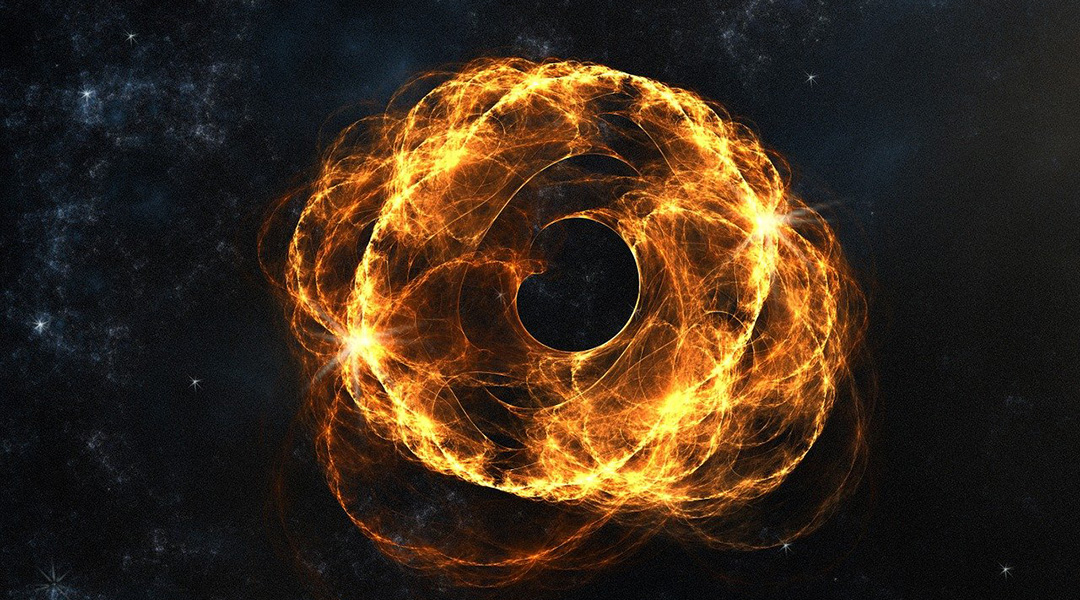

During the tumultuous mergers of black holes, smaller black holes called morsels could produce detectable Hawking radiation.
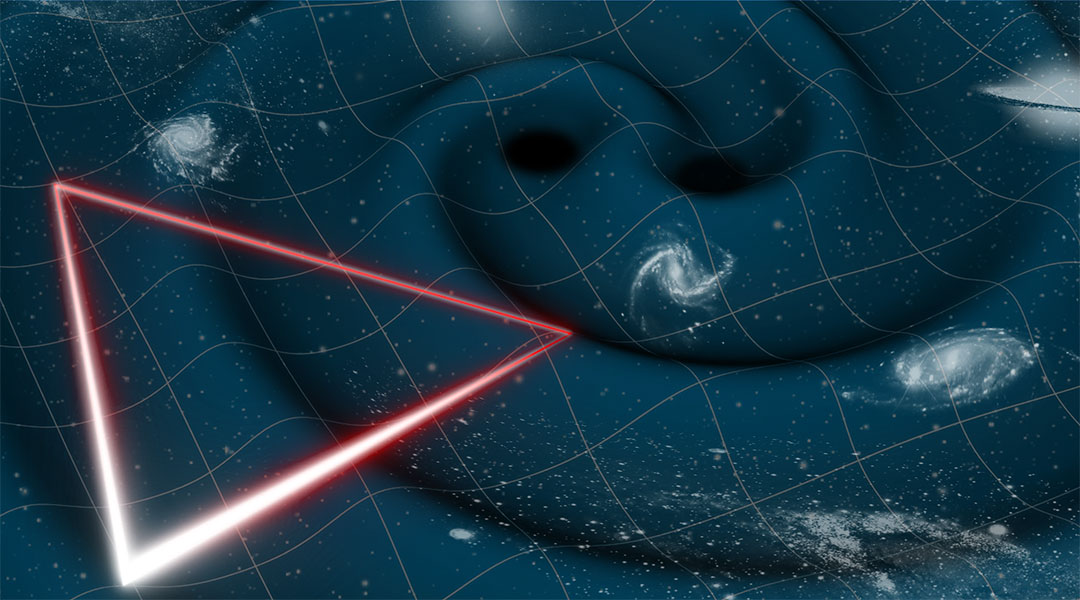
ESA greenlights LISA, a space-based observatory poised to detect gravitational waves across space and time.
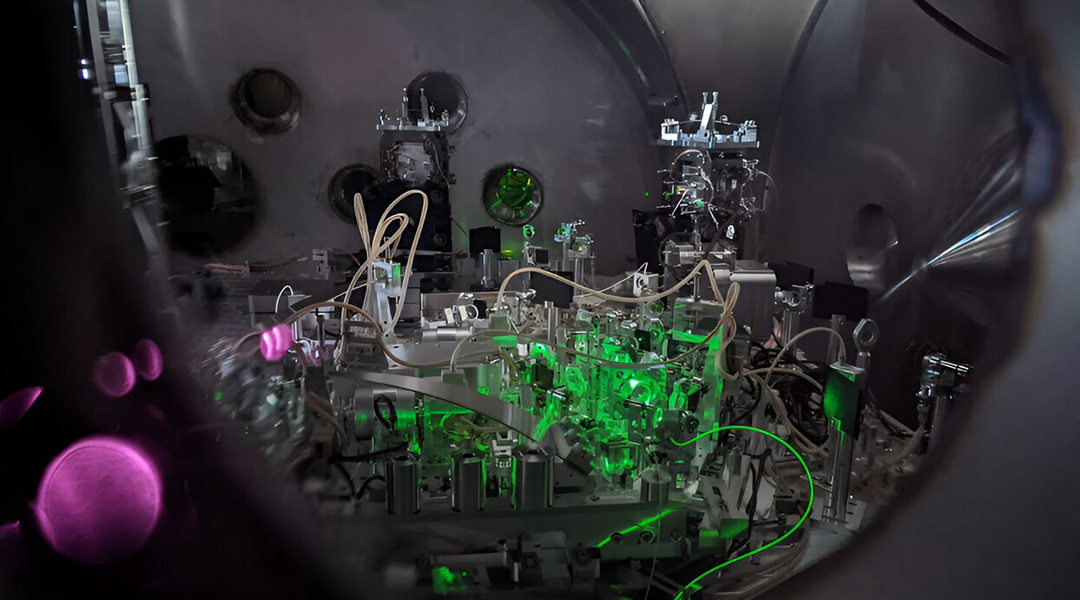
Physicists working on LIGO have surpassed the quantum limit to enhance gravitational wave detectors and revolutionize astrophysical observations.
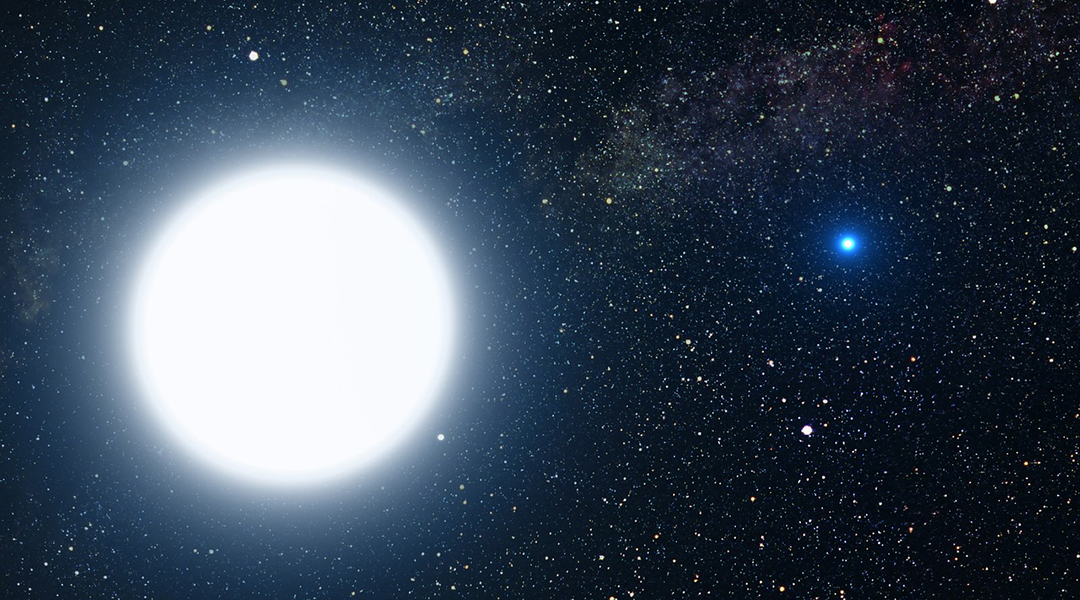
Due to their incredible density, astronomers believe white dwarfs might make the perfect dark matter detectors.
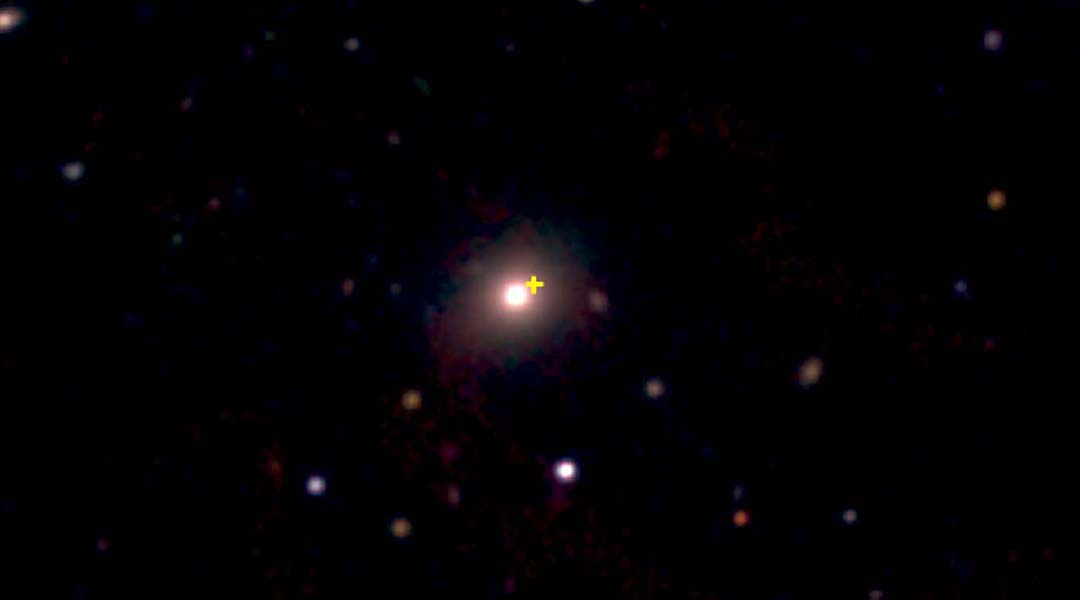
The rare but extreme blast that outshone most supernovas originated two billion light years away and has been classed as a “Luminous Fast Cooler”.
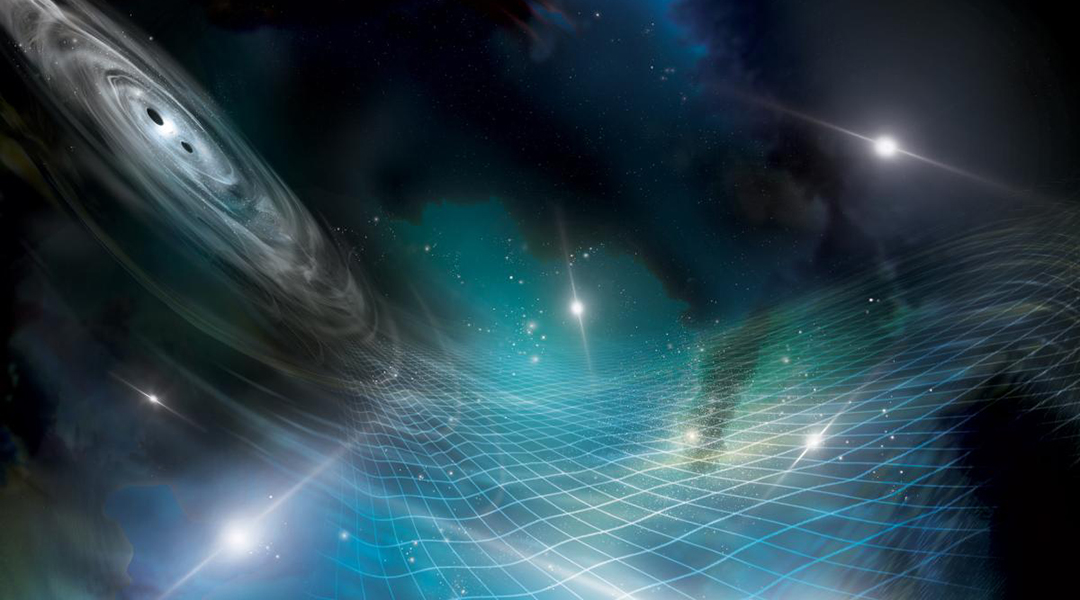
The universe is ringing with gravity, but humanity is only just beginning to hear the nuance of this cosmic symphony.

Fermions forming pairs? It’s just a matter of getting the conditions right.
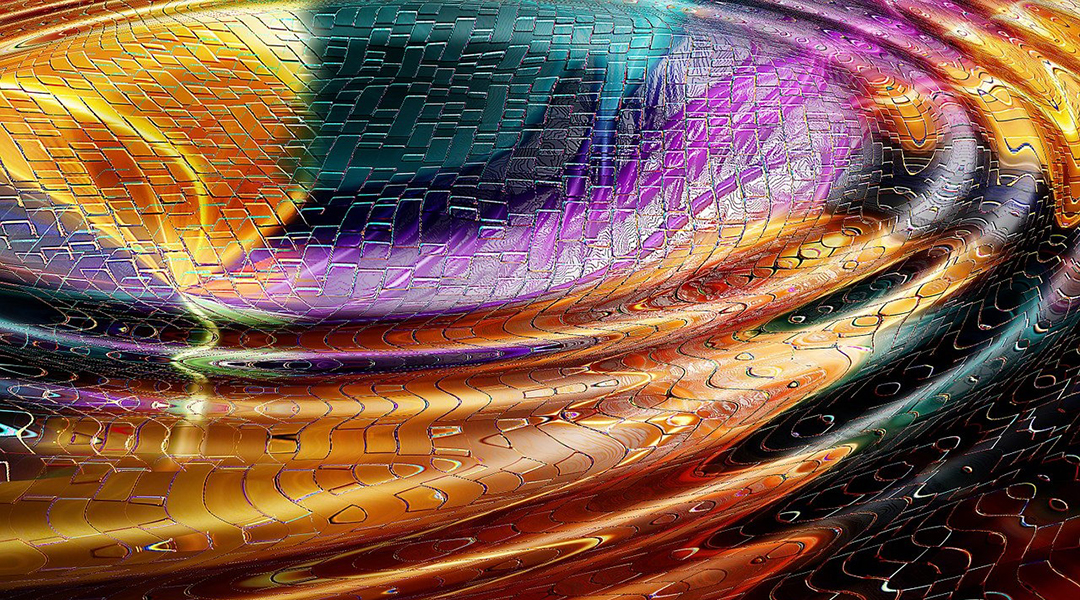
A 15-year study using observed radio signals from the 67 pulsars has concluded that the entire cosmos is filled with undulating gravitational waves.
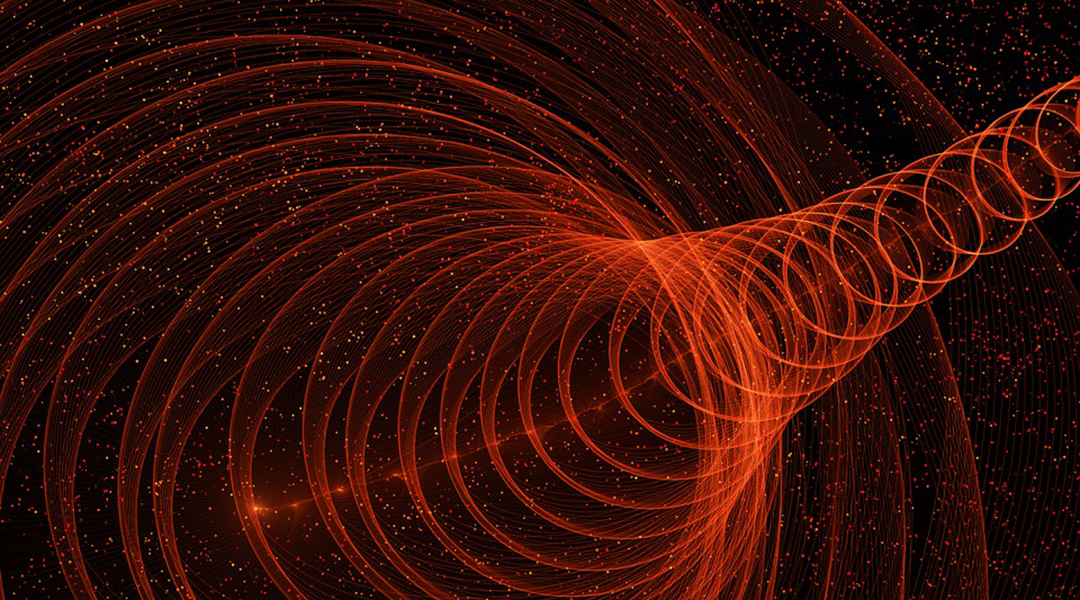
New research reveals that quantum effects defy the universality of free fall, providing a potential experimental pathway to test quantum gravity.

Scientists probe cosmic microwave background and black hole radiation to test our understanding of electromagnetism.